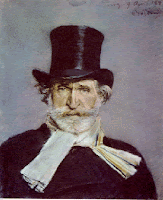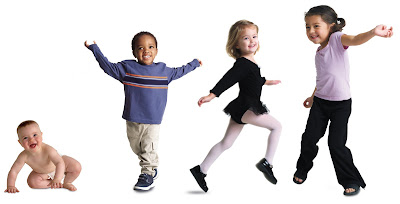Pawing the Piano
Hap tip to Lori Burkhardt, Kindermuisk educator in St Louis County, MO.
Presenting Kindermusik in Sacramento & Natomas. Where families make music, play, and learn together!
 Gioachino Rossini
Gioachino Rossini Giuseppe Verdi
Giuseppe Verdi In my many years of teaching and working with children, I have inevitably gotten sick (cold, flu, stomach viruses...) every year with the exception of this year-- so what's different? It's the Kindermusik families at Musikandmotion! You have all been conscientious about keeping yourselves and your sick children at home, and thereby keeping me, and all the Kindermusik children and adults in class healthy.
In my many years of teaching and working with children, I have inevitably gotten sick (cold, flu, stomach viruses...) every year with the exception of this year-- so what's different? It's the Kindermusik families at Musikandmotion! You have all been conscientious about keeping yourselves and your sick children at home, and thereby keeping me, and all the Kindermusik children and adults in class healthy.  Alice Sterling Honig, Ph.D. Alice Sterling Honig is a professor emerita of child development at Syracuse University. She has done extensive research and written books and articles on infants and toddlers, language development, child care practices, preschooler social development, fathering, and the effects of divorce on children. Annually, she teaches workshops for caregivers of infants and toddlers, and she has lectured widely. Dr. Honig is a licensed psychologist and a Fellow of the American Psychological Association and of the Society for Research in Child Development.
Alice Sterling Honig, Ph.D. Alice Sterling Honig is a professor emerita of child development at Syracuse University. She has done extensive research and written books and articles on infants and toddlers, language development, child care practices, preschooler social development, fathering, and the effects of divorce on children. Annually, she teaches workshops for caregivers of infants and toddlers, and she has lectured widely. Dr. Honig is a licensed psychologist and a Fellow of the American Psychological Association and of the Society for Research in Child Development.
 From moving "curvy, straight and round and around" in Village to "sit down, lie down and roll over" in Our Time, and crossing the body's mid-line in "The Broom Man's sweep'em clean" in Imagine That! children are invited to experience and explore movement concepts in our weekly Kindermusik class.
From moving "curvy, straight and round and around" in Village to "sit down, lie down and roll over" in Our Time, and crossing the body's mid-line in "The Broom Man's sweep'em clean" in Imagine That! children are invited to experience and explore movement concepts in our weekly Kindermusik class.Aristotle once said, "What we have to learn to do, we learn by doing." Or by moving!
Movement is critical to learning and in the development of your child's cognitive growth. According to Rae Pica, "it is now understood that, because a child's earliest learning is based on motor development, so too is much of the knowledge that follows. The cerebellum, the part of the brain previously associated with motor control only, is now known to be, as Eric Jensen, author of numerous books on brain-based learning, puts it, a "virtual switchboard of cognitive activity." Study after study demonstrated a connection between the cerebellum and such cognitive functions as memory, spatial orientation, attention, language, and decision making among others."
Pica also talks about how children benefit from early experiences with movement. When children are given opportunities to internalize movement concepts such as curvy, straight, up or down, they can then transfer that knowledge to more abstract contexts such as forming curvy or straight lines in letters, numbers and drawings. You can read her full article here: More Movement, Smarter Kids
 Venice
Venice A Kid's Best Friend by Maya Ajmera & Alex Fisher
A Kid's Best Friend by Maya Ajmera & Alex Fisher